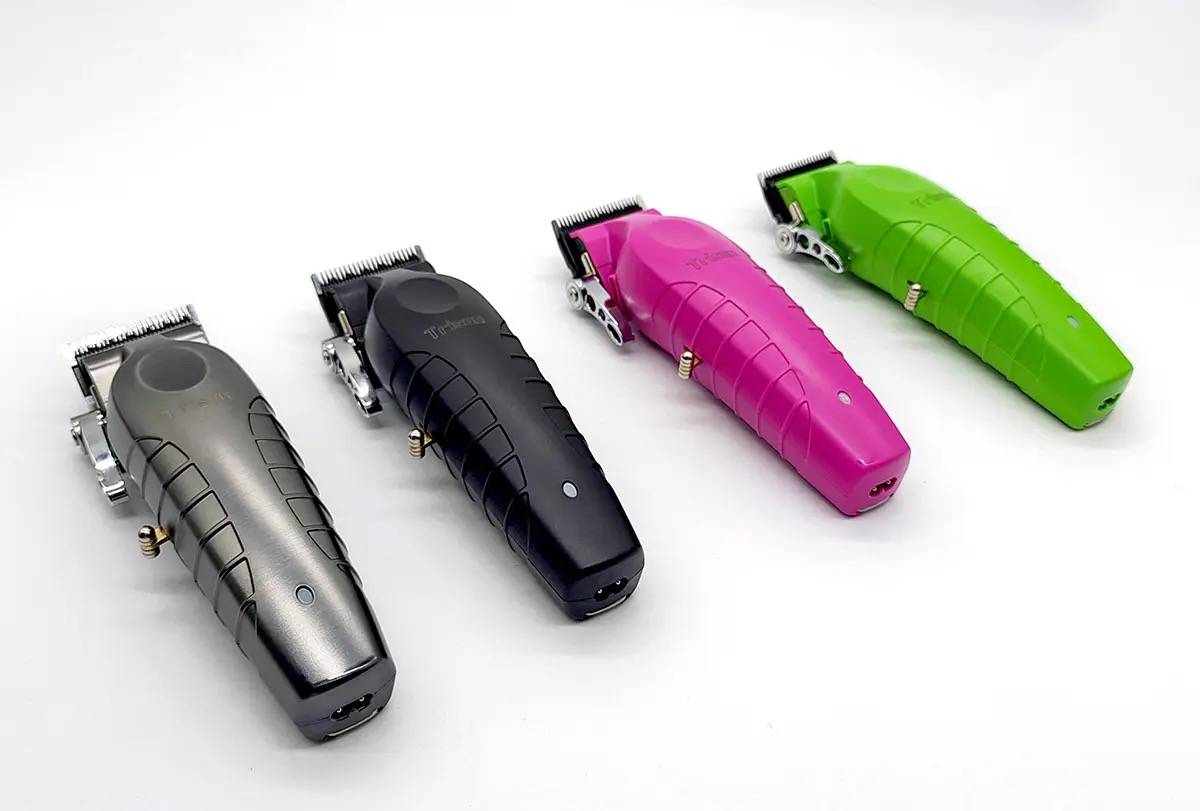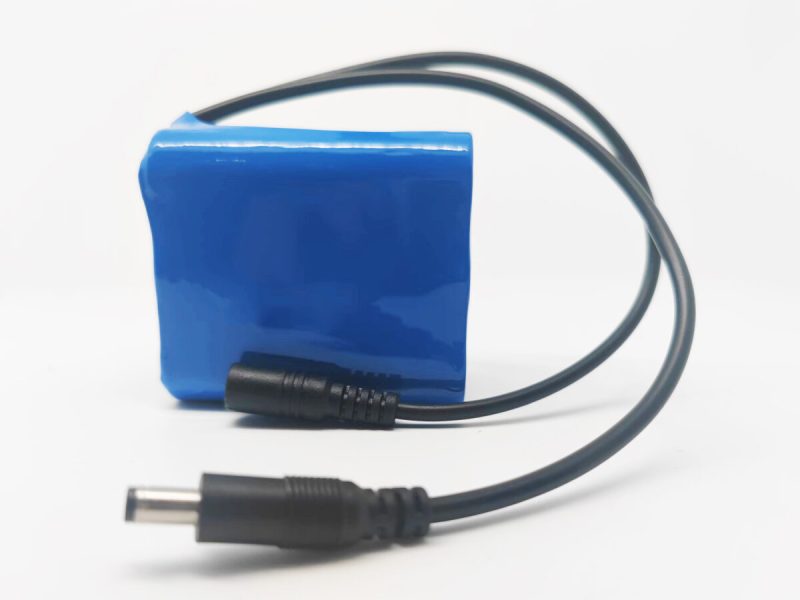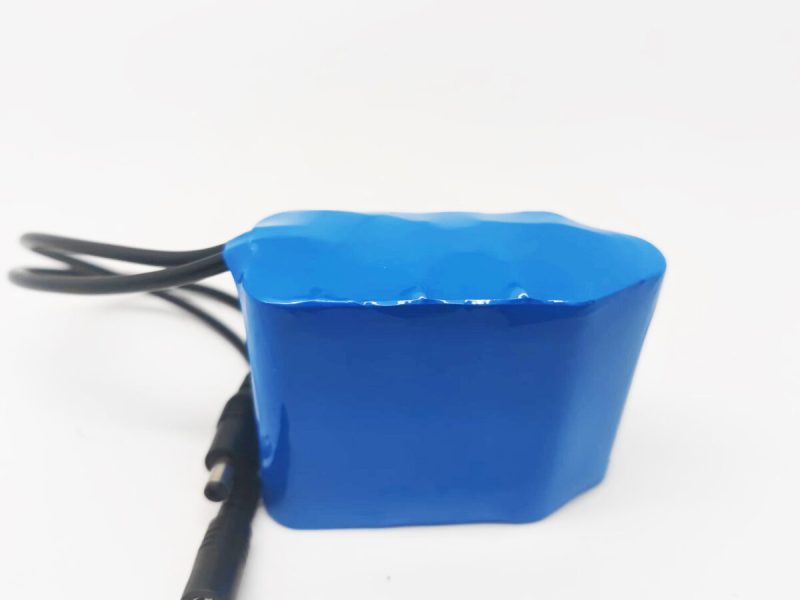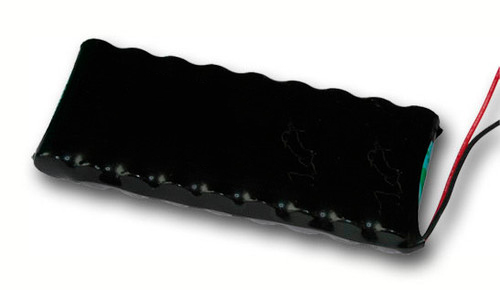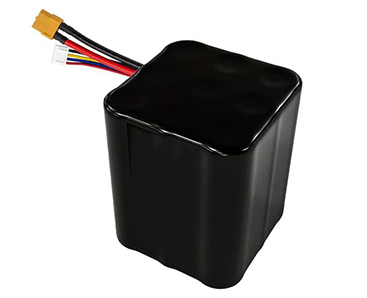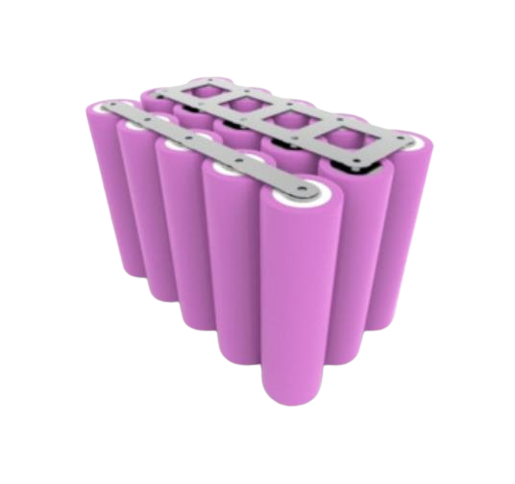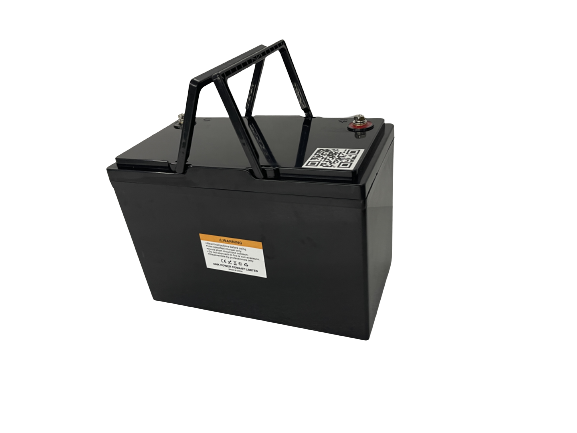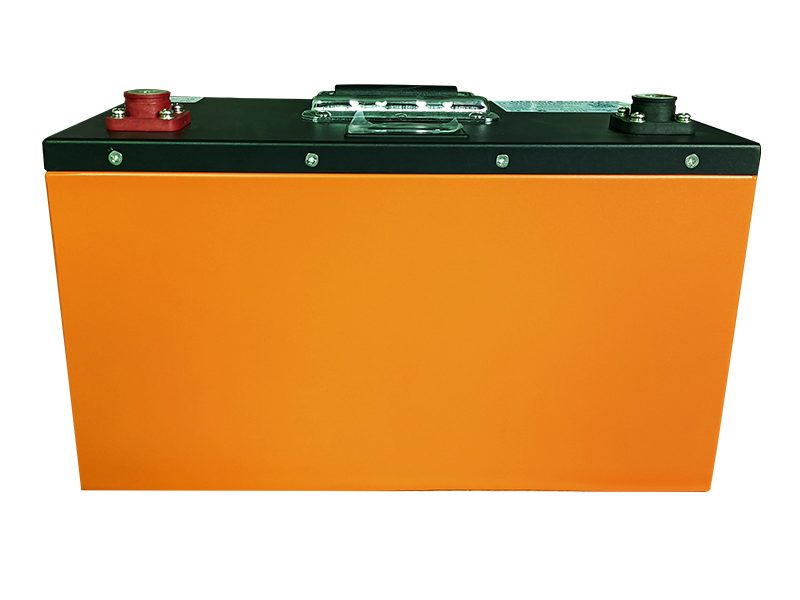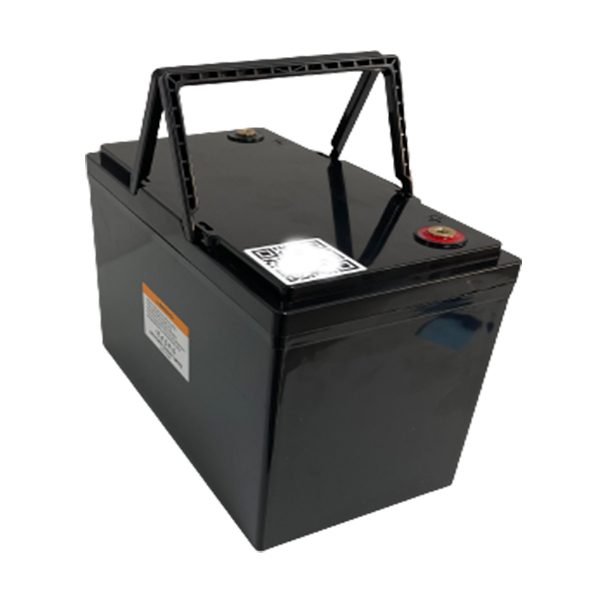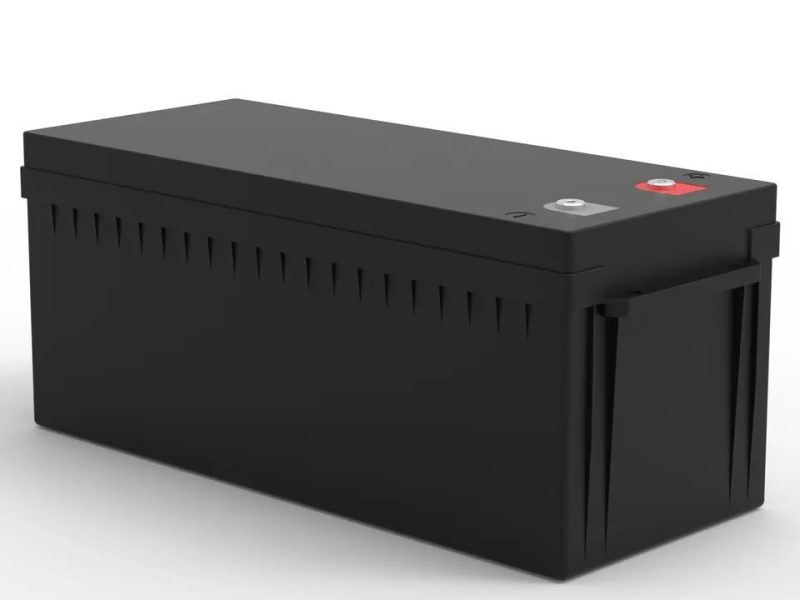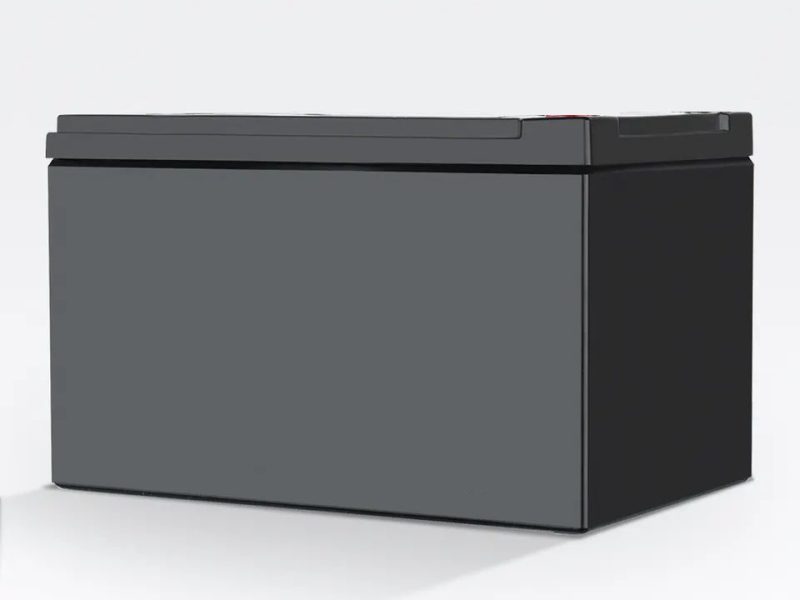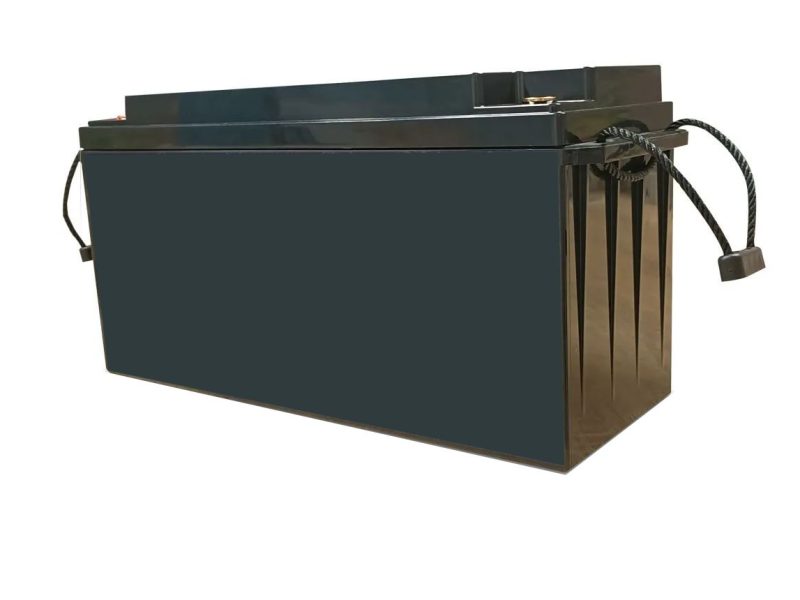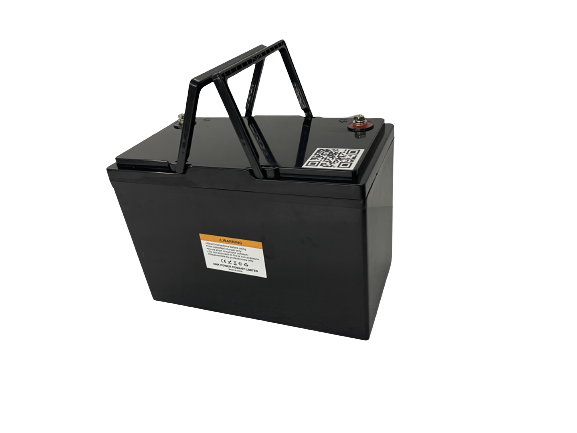Hair clipper batteries have evolved significantly, with modern options primarily consisting of NiMH (Nickel-Metal Hydride) and Lithium-based technologies that deliver reliable power for professional and home grooming tools. While NiCd (Nickel-Cadmium) batteries were once common, they’ve been largely phased out due to environmental concerns, leaving consumers with two primary choices that offer distinct performance characteristics.
Key Differences Between NiMH and Lithium Hair Clipper Batteries
Charging and Runtime Performance
Charging Efficiency: NiMH batteries typically require 8-12 hours to fully charge while delivering only 1-2 hours of runtime. In contrast, lithium batteries charge significantly faster (1-4 hours) while providing extended operation of 1-6 hours depending on internal capacity and design specifications.
Energy Density: Lithium batteries deliver substantially higher energy density (150-250 Wh/kg) compared to NiMH batteries (60-120 Wh/kg), enabling longer operation between charges while maintaining lighter, more compact designs that enhance clipper ergonomics and maneuverability.
Performance Consistency: Lithium batteries maintain steady voltage throughout discharge, delivering consistent cutting power until nearly depleted. NiMH batteries exhibit gradual voltage decline during use, potentially reducing clipper performance as the battery drains.
Battery Longevity and Value Considerations
Cycle Life: When properly maintained, lithium batteries demonstrate superior longevity with approximately 500-1,500 charge cycles compared to NiMH’s 300-500 cycles, significantly extending the functional lifespan of your clipper investment.
Self-Discharge Rate: NiMH batteries lose up to 30% of their charge monthly when not in use, while lithium batteries preserve power much more effectively with only 2-3% monthly self-discharge, ensuring your clippers remain ready when needed.
Memory Effect: Lithium batteries operate without the “memory effect” that plagues NiMH options, eliminating capacity degradation that occurs when batteries are recharged before being fully depleted.
Types of Lithium Batteries for Hair Clippers
Hair clippers primarily utilize two lithium battery variants, each offering distinct performance characteristics:
Ternary Lithium Batteries feature superior energy density (approximately 280mAh/g), nearly double that of lithium manganate alternatives. With imported separator materials enhancing safety profiles and cycle life of 1,000-1,500 charges, these premium options deliver exceptional long-term performance.
Lithium Manganate Batteries provide reliable performance with moderate cycle life (300-500 charges) and represent a cost-effective alternative while maintaining essential lithium battery advantages over NiMH options.
Factors Affecting Battery Performance
Charging Time Variables
Charging duration is primarily determined by two factors:
- Input Current: Higher amperage chargers (2A vs 1A) significantly reduce required charging time
- Circuit Board Limitations: Maximum current thresholds established by the clipper’s internal circuitry establish charging rate caps
Discharge Time Determinants
Battery discharge performance depends on:
- Battery Construction Quality: Component materials—particularly cathode composition—directly impact energy storage and delivery capabilities
- Clipper Power Requirements: Higher-powered motors accelerate battery depletion, reducing operational runtime between charges
Practical Selection Guidance
When evaluating hair clipper battery options, consider your specific usage patterns:
- For Professional Stylists: Lithium-powered models offering rapid charging (1 hour) and extended runtime (90+ minutes) maximize productivity despite higher initial investment
- For Occasional Home Use: NiMH options may provide adequate performance at lower price points, though longer charging requirements (8+ hours) necessitate advance planning
- For Travel Applications: Lithium’s superior energy density and minimal self-discharge make these batteries ideal for portable applications where reliable power and reduced weight are essential
Custom Battery Solutions for Hair Clipper Manufacturers
Vade Battery specializes in custom rechargeable battery solutions including 18650, Li-ion, Lithium polymer, and LiFePO4 battery packs that deliver optimal performance for hair clipper applications. Our engineering team can develop specialized power solutions featuring:
- Integrated BMS protection systems ensuring safe operation and enhanced cycle life
- High-density energy storage in compact form factors
- Rapid charge capabilities for professional applications
- ISO-certified manufacturing with rigorous quality control standards
By choosing the appropriate battery technology for your specific hair clipper application, you can optimize performance, longevity, and user satisfaction while maintaining competitive pricing and safety standards.

